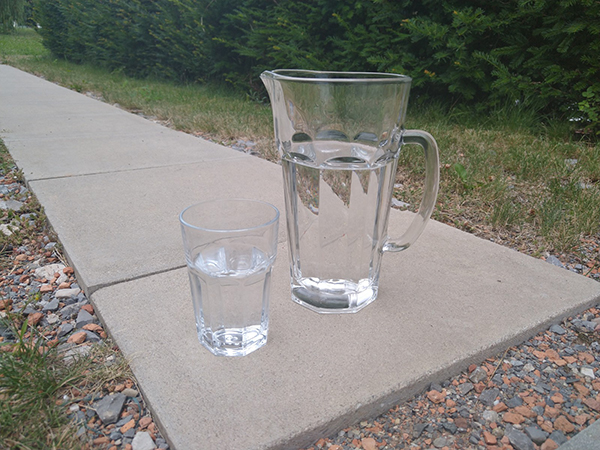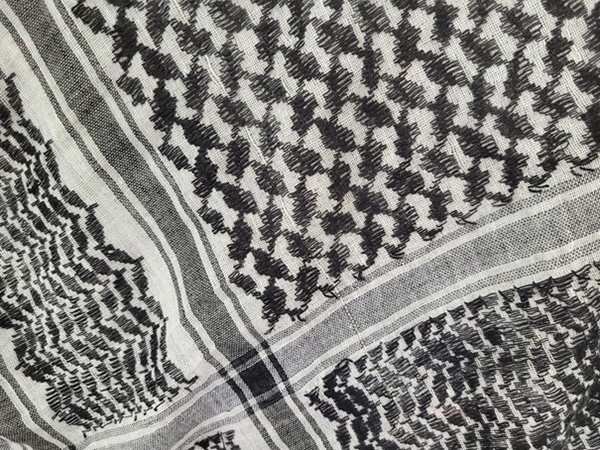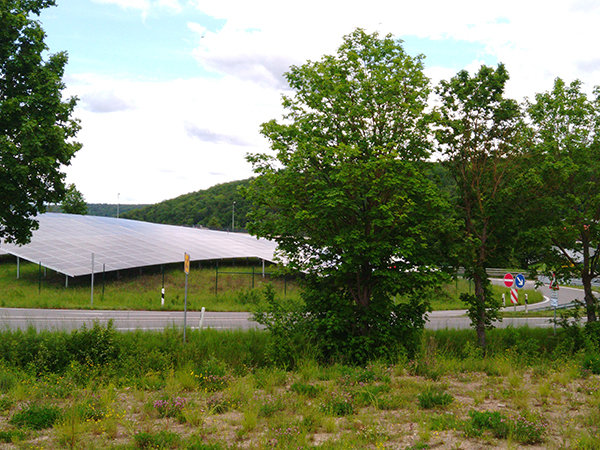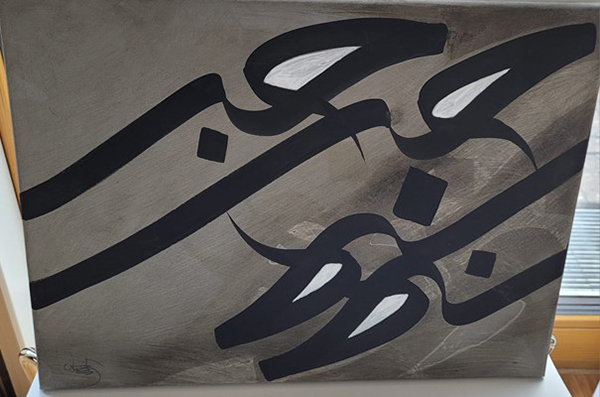By Reem Al Sagheer and Brigitte Gisel
It’s not just Muslimas and Muslims who fast. Many people practice a lifestyle of intermittent abstinence from food, even without a religious background.
During Ramadan from March 23 to April 20, many Muslimas and Muslims in Germany will be fasting. But they are not the only ones who temporarily abstain from food. Even without any spiritual reference, many people have opted for a lifestyle that, on the face of it, differs little from Ramadan fasting. They practice intermittent fasting and eat only in a limited time window for a certain period of time or even permanently. Are there similarities between the two types of fasting—and what are the differences? Reem Al Sagheer and Brigitte Gisel from tünews INTERNATIONAL describe their experiences.
The reasons
Ramadan—Reem: “Why one fasts in Ramadan is an interesting question that everyone can answer differently. But it is certain that Muslims enjoy spirituality very much in Ramadan. Fasting is an exercise for the human soul. Learning patience. The food and drink are in front of you, no one probably sees you either. But you wait anyway. It brings us closer to God and to ourselves. It is also according to studies a very healthy system for the body to cleanse itself. The body needs constant breaks every year.
Besides, fasting usually reminds us of poor people who very often go to bed hungry. For this, there is the ‘sugar fast gift’ that one usually pays for the poor in Ramadan.”
Intermittent fasting—Brigitte: “Intermittent fasting has no ideological background. Most people—myself included—use it to lose weight or to get their metabolism going. Nutritionists have worked out various models: For example, one may eat for eight hours and then fast for 16 hours—exactly the same length of time as Ramadan. Another option is to eat normally five days a week and fast for two, or alternate days between fasting and eating. You can and should drink the whole time—but only drinks without carbohydrates during the fasting period. It is even recommended to drink two to three liters of fluid per day to support fat burning.”
The daily routine
Breakfast:
Ramadan—Reem: “Our breakfast starts at night around 4 o’clock and is called Suhur. After that, we start fasting. The Suhur is supposed to contain proteins. I usually eat cereal with oatmeal, banana, dates and milk. Fresh juices are also important. But the most important thing is water, so the body doesn’t get dehydrated.”
Intermittent fasting—Brigitte: “My breakfast is cancelled because I have decided to fast from 8 pm to 12 am. Therefore, there are only two cups of coffee (with very little milk).”
Lunch:
Ramadan—Reem: “No lunch.”
Intermittent fasting—Brigitte: “At 12 o’clock I am really hungry. I usually eat whole wheat bread with avocado or ham or cheese then. Then some fruit or muesli and a cappuccino to go with it.”
During the day:
Ramadan—Reem: “I don’t eat anything or drink water.”
Intermittent fasting—Brigitte: “If I don’t have time to cook a snack around 3 p.m., I have bread with toppings, raw vegetables and fruit. Otherwise, a salad or the leftover pasta from yesterday. Plus lots of mineral water.”
Evening:
Ramadan—Reem: “Around 8:15 p.m., I may break my fast this year. I always start with three to seven dates and drink water. After that, I take a short break so that my stomach doesn’t get a shock. After the break, I then eat what I cooked with my family. This involves putting salad on the table every day.”
Intermittent fasting—Brigitte: “We start cooking around 6:30 pm. Meat is rare, sometimes fish, pasta, risotto, vegetable casseroles. Now and then we also have homemade pizza or a vegetable cake. There are also restaurant visits—then the fasting period lasts a little longer the next day. Actually, I’m even allowed to drink a glass of wine with it. But that is still too early for me. At 20 o’clock then my meal day ends: From now on there is only herbal tea or water. At first, I really missed chocolate with TV, but I’m slowly getting used to it.”
Conclusion:
Ramadan—Reem: “When Ramadan is over, I’m very proud of myself for following through. I also feel fitter physically and mentally.”
Intermittent fasting—Brigitte: “After intermittent fasting is before intermittent fasting. I feel good with it and continue—but maybe only five days a week. Then the weekend is fast-free.”
tun23030602
Wasser oder Mineralwasser. Foto: tünews INTERNATIONAL / Martin Klaus.
001485




